From biodiesel to detergents
At the University of Oxford, Nathalie Willems is using the Emerald supercomputer in research that could bring about major benefits in a number of industrial …
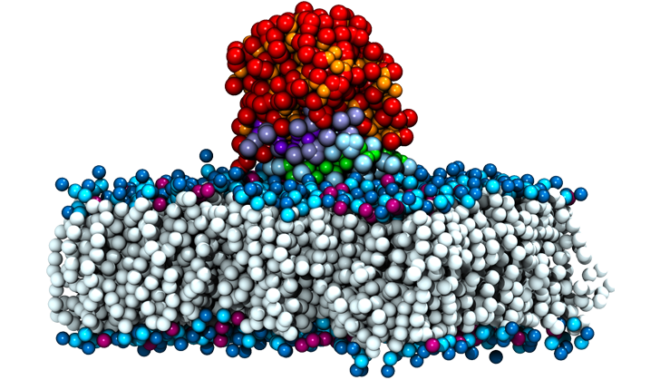
At the University of Oxford, Nathalie Willems is using the Emerald supercomputer in research that could bring about major benefits in a number of industrial …
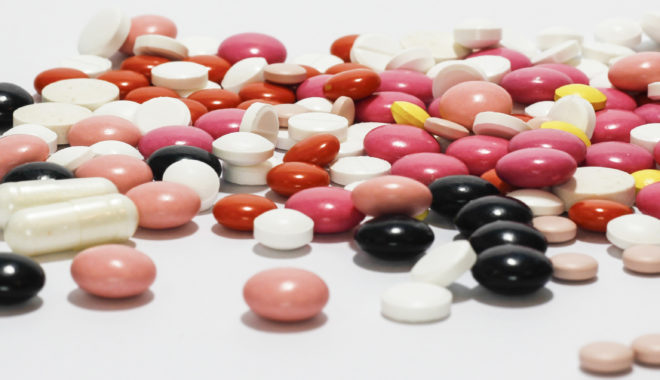
Choosing the right drug for a patient with cancer is a complicated challenge. There is such a wide range of options, and it can be …
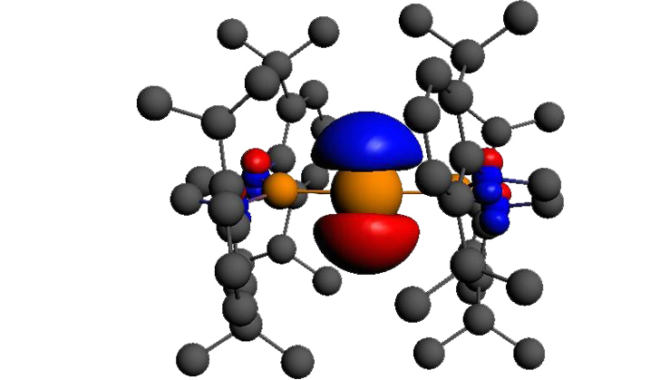
In a paper published in Nature Chemistry, a team of experimental chemists from the Universities of Oxford, Monash and Queensland, in collaboration with computational chemists …
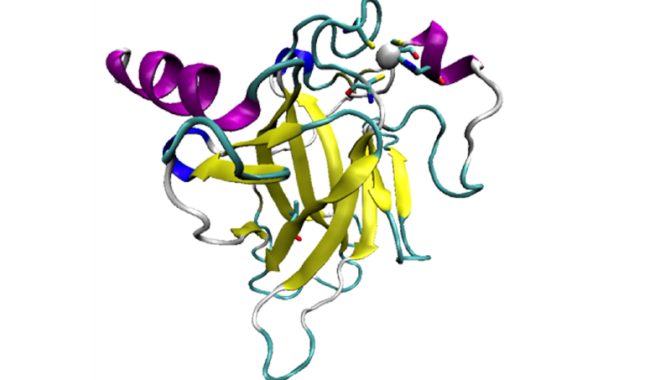
The p53 tumour suppressor protein, when it works properly, helps to prevent cancer. It does so by inducing the arrest of the cell cycle, by …
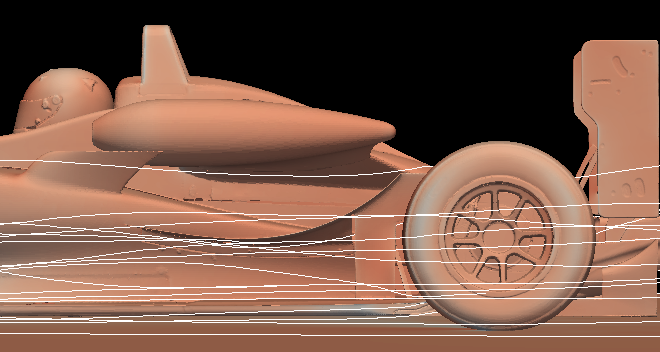
Access to academic facilities like the Emerald supercomputer is vital to the success of new start ups in the High Performance Computing field, says Jamil …

Chris Skylaris, Reader in Computational Chemistry at the University of Southampton, develops quantum mechanical calculations for chemistry simulation and drug discovery. He has developed a …
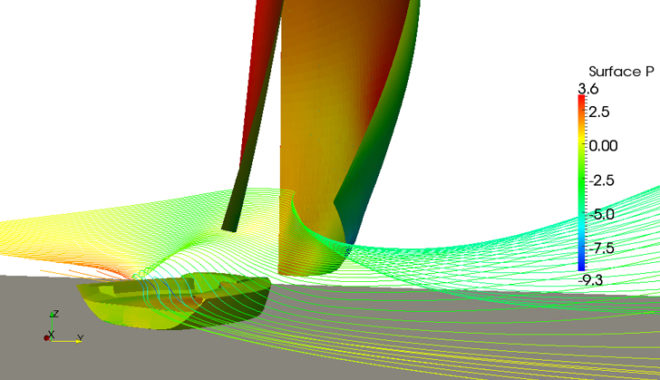
North Sails are one of the largest sail making companies, with a particular emphasis upon and commitment to technical development. This ranges from the materials …

Professor Francesco Gervasio of UCL’s Department of Chemistry used the Emerald supercomputer to simulate the effect of gene mutations linked to the spread of cancer. His research …
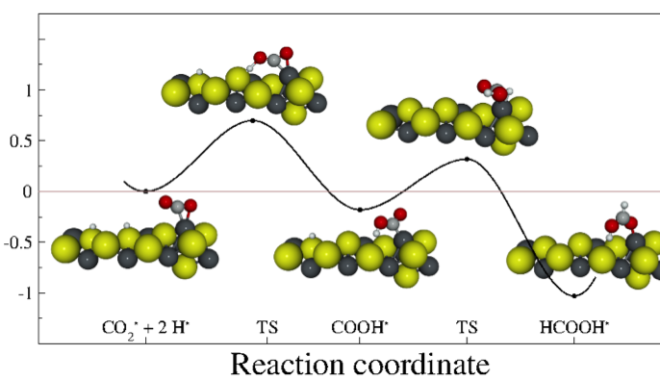
Researchers at UCL are using a range of sophisticated computational tools to simulate and predict the chemical processes that take place at the surfaces of metal and other material surfaces.